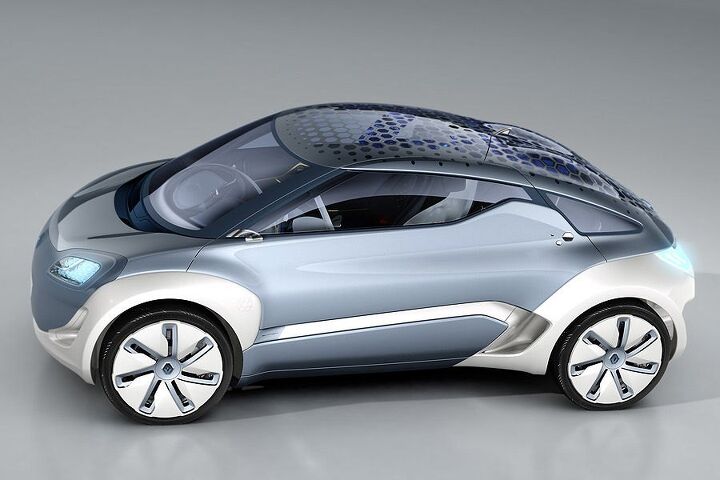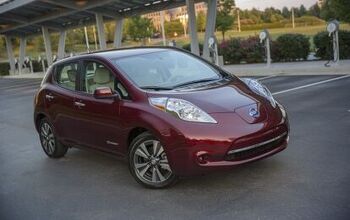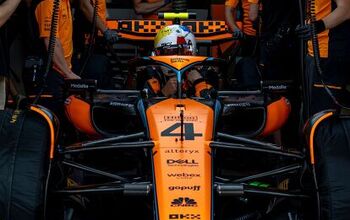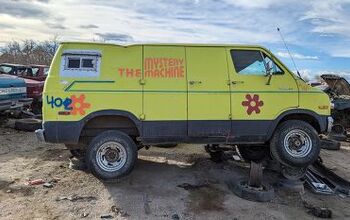How Renault Will Undercut The Nissan Leaf
Nissan and Renault may be joined at the hip (well, at the CEO anyway), but they’re not going easy on each other as both charge ahead to bring down EV costs. Nissan’s Leaf is currently the cheapest major OEM-produced EV, but at around €30k, it’s still not all that cheap. Now, Renault is saying that its forthcoming Zoe EV will put the hurt on its cousin, the Leaf, with a starting price of “around” €21k. It’s not that much smaller than the Leaf and it’s got the same 100 mile projected range… so what’s Renault’s secret? Does it have some special pricing formula? The answer is yes… but it’s not so secret. You see, when you buy the Zoe (sometime in 2012), you won’t be buying a battery. Instead, you will lease the battery for around €70 per month. You see, unlike Nissan’s Leaf, the Renault Zoe will be able to use Project Better Place’s battery switch-station to swap batteries in just minutes. So, if you charge from home, the Zoe and the Leaf will be largely the same… but if you live near a PBP swap station, the Zoe’s range can be doubled in minutes. Plus, you don’t own the battery, so killer EV depreciation isn’t a worry. It’s l ike we’ve said: it’s not the cars that will break EVs into the mainstream, it’s the business model.
More by Edward Niedermeyer


































Comments
Join the conversation
Only time will tell if the PBP model will work or not, but it essentially puts the EV battery in the same category as gasoline: the user doesn't have to worry about the infrastructure behind the refill process.
"Instead, you will lease the battery for around €70 per month. You see, unlike Nissan’s Leaf, the Renault Zoe will be able to use Project Better Place’s battery switch-station to swap batteries in just minutes. So, if you charge from home, the Zoe and the Leaf will be largely the same… but if you live near a PBP swap station, the Zoe’s range can be doubled in minutes." What switch-stations are they? Oh that's right they don't actually have any. Just as well because they're aren't any cars to charge either. Seriously this doesn't stack up, how can you a) Afford the real estate? and b)If for some strange reason the whole thing took off, even with fast charging how are they going to store enough batteries to service the supposed volume of cars wanting new batteries?
There is definitely a chicken-and-egg issue with these swap stations. In Europe, companies like BMW are simply coughing up the cash for hydrogen support, but I rather suspect the cost of laying in huge supplies of fresh new batteries -- and gambling on a design -- puts the cost of laying this egg into a completely different realm of Surprisingly Large Numbers. The one gotcha I've never seen addressed is what happens when you swap your shiny new battery for some beaten up old junker that holds half the charge? Do you pay half price? Do you get a credit for any charge remaining in your turn-in battery, or maybe the age/operating-hours differential, or something more complex? It's an idea that has been around for more than 10 years, but it still doesn't appear to be ready for prime time.
I agree, it's a pretty good business model. There are some things that you might not know about the Nissan Leaf: http://energyinyourlife.com/article.php?t=100000076